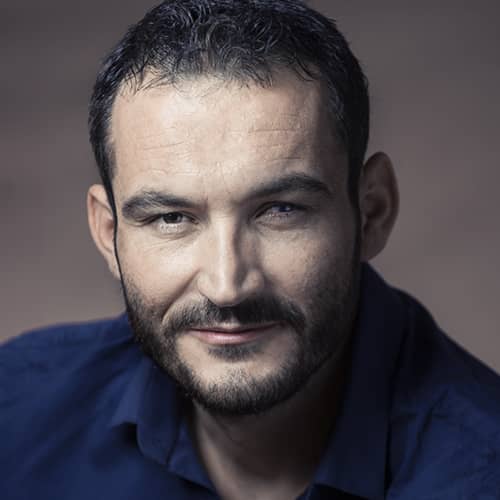
Thaçi puts dialogue over democracy
President’s leading role in ‘final’ phase will polarise Kosovar politics further.
How is a nation able to conduct a dialogue with another nation if it fails to have a domestic one first?
Such political behavior will only lead to building a formal democracy, where ‘democracy’ is what is able to be passed through the Kosovo Assembly.
While dialogue with Serbia is crucial, supporting a dialogue without building the infrastructure of an internal consensus is against the principles of democracy the west has been advocating in Kosovo for all these years.

Eraldin Fazliu
Eraldin Fazliu is a former journalist at Kosovo 2.0. Eraldin completed his Master’s on ‘European Politics’ at the Masaryk University in the Czech Republic in 2014. Through his studies Eraldin became interested in the EU’s external policies, particularly in promotion of the rule of law externally. He is a passionate reader of politics and modern history.
DISCLAIMERThe views of the writer do not necessarily reflect the views of Kosovo 2.0.
This story was originally written in English.